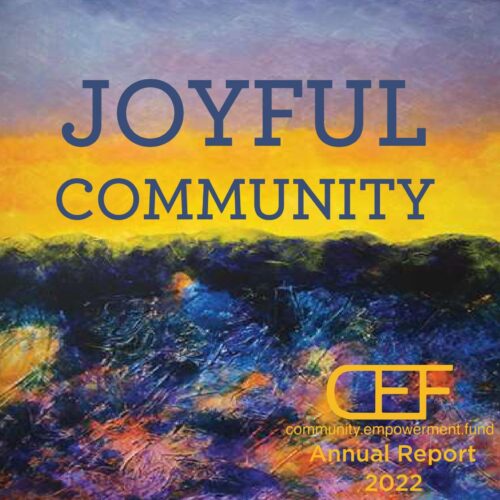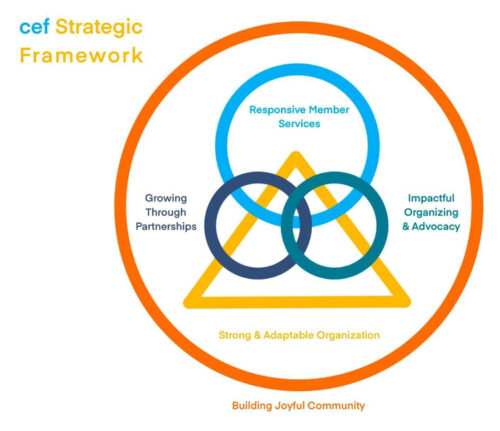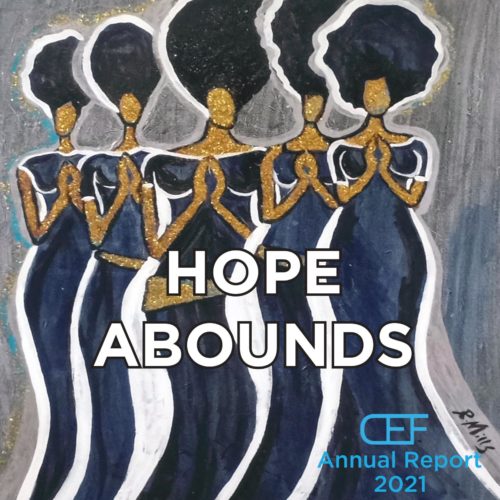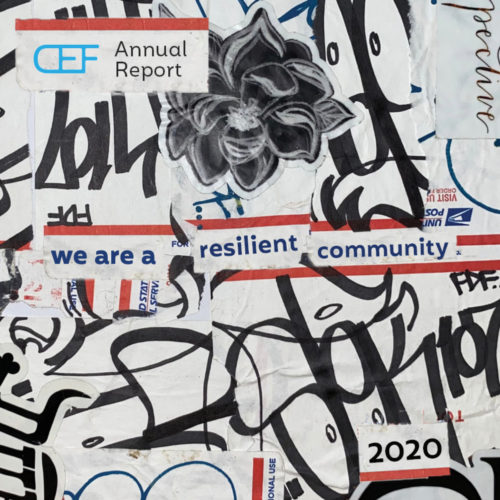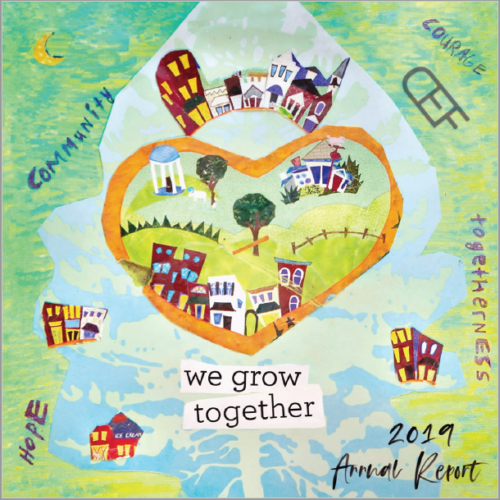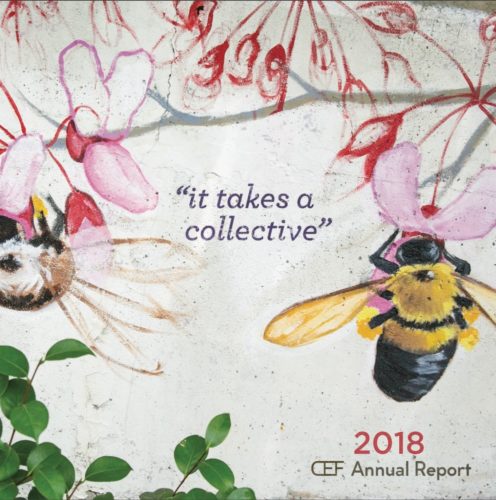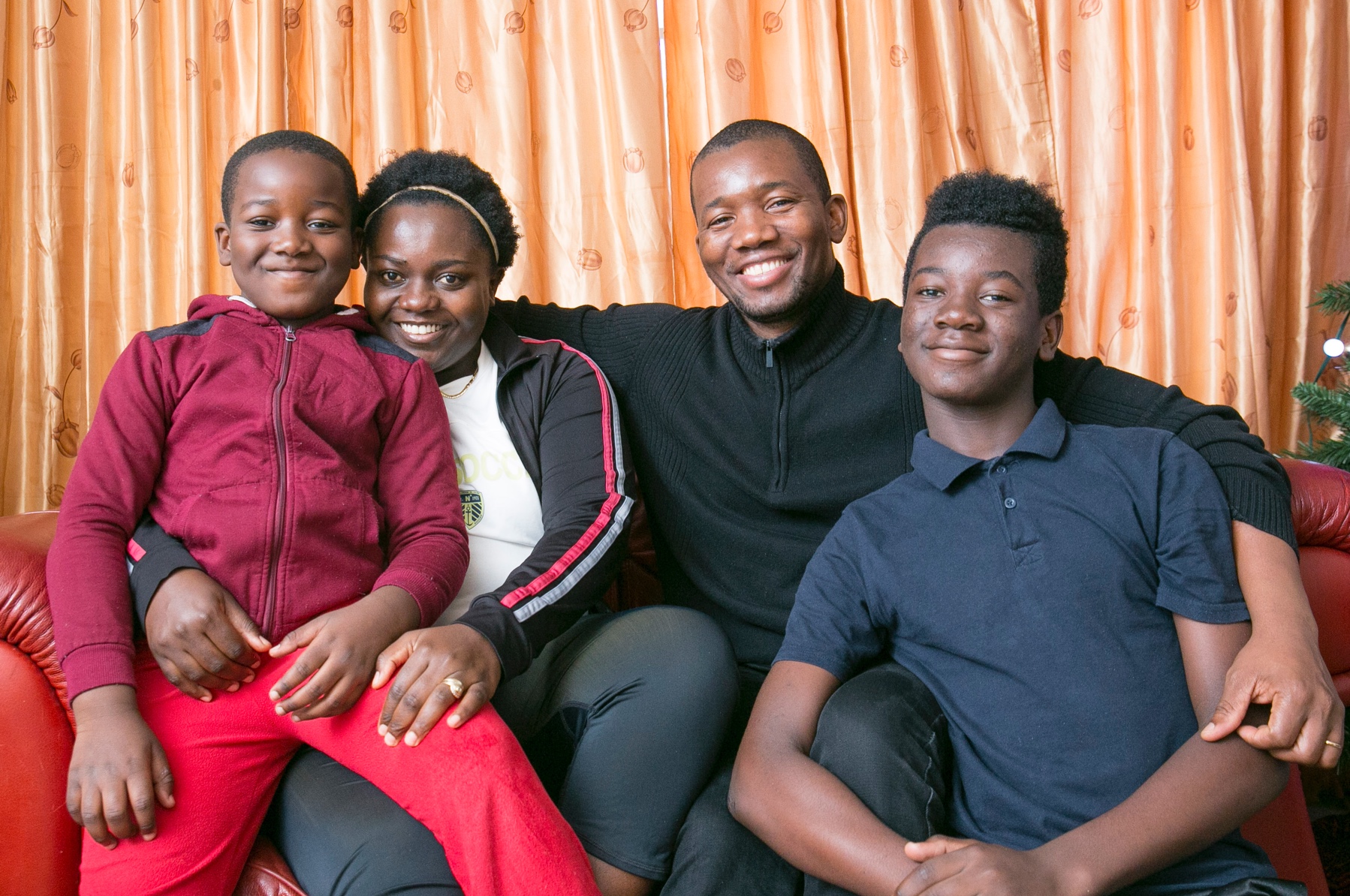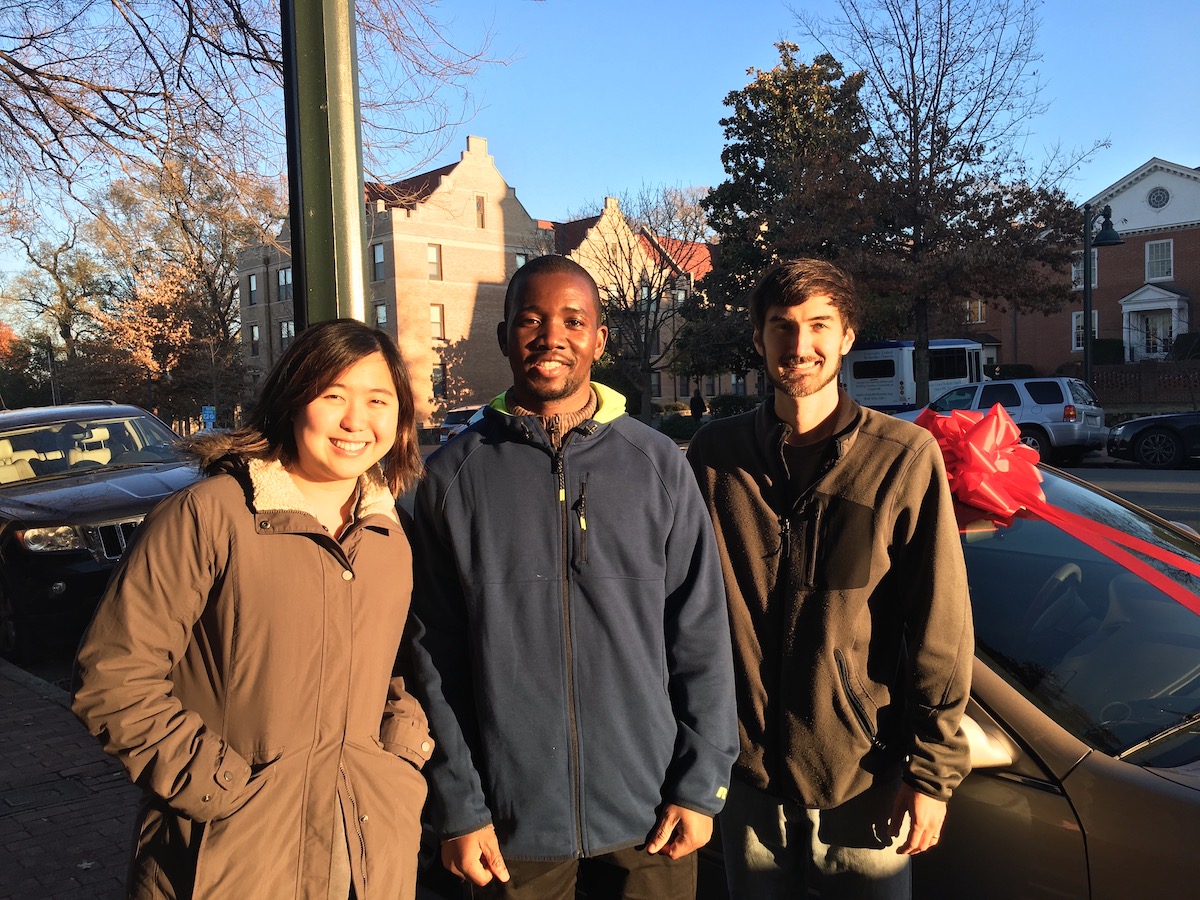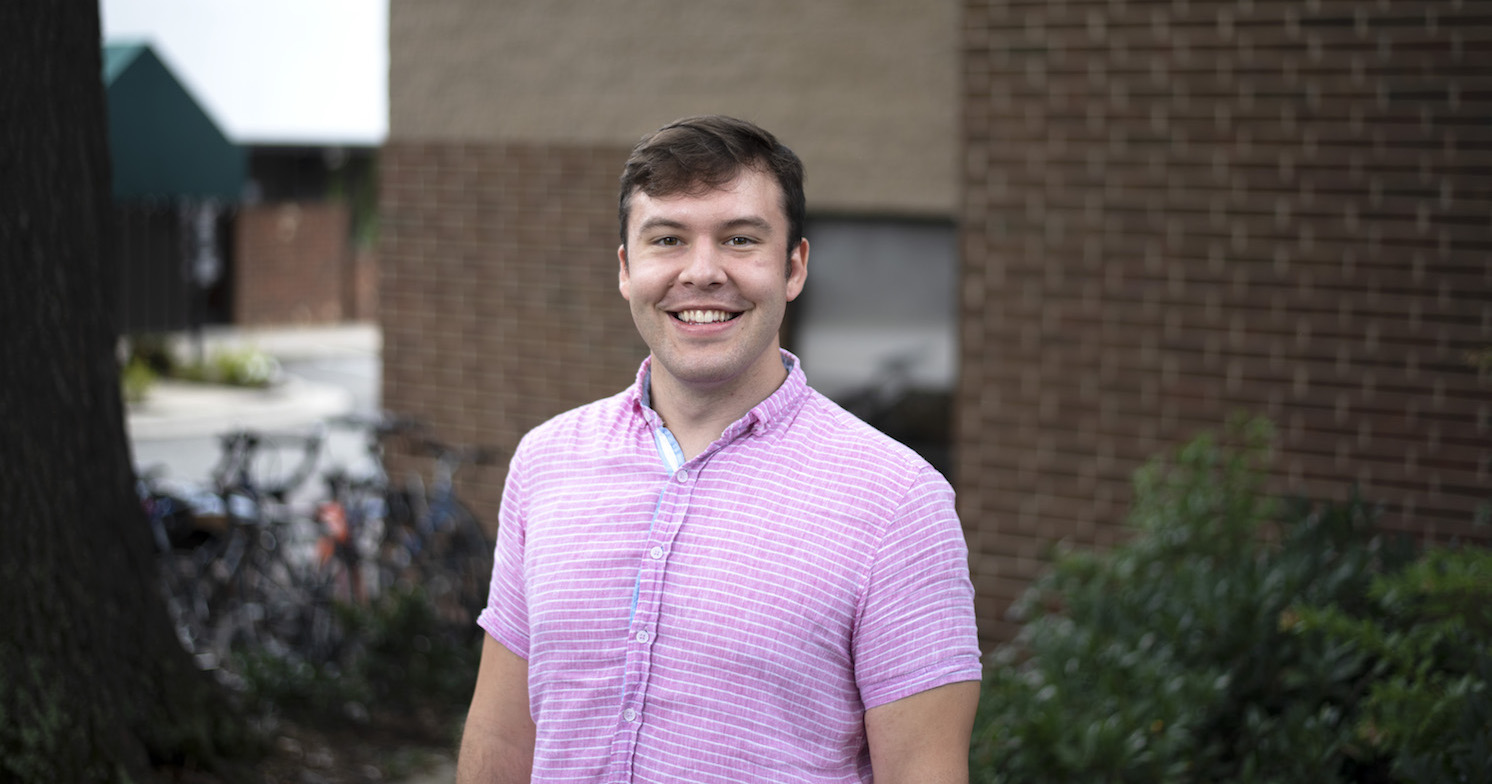2022 was a tremendous year for CEF! Our work was recognized both locally and nationally as we received the highest score on the City of Durham’s American Rescue Plan request for proposals and were honored with GSK’s IMPACT Award and Bank of America’s Neighborhood Builders Award. We were also selected as one of ten organizations to participate in Common Future’s 2023 Accelerator program, which will support our work to expand the first-time homebuyer program (see pg. 4). These recognitions demonstrate the importance of CEF’s work, especially as Members continue to recover from financial hardships related to the COVID-19 pandemic.
In addition to recognition for our work, we also invested time and resources into creating a guide for the next five years. CEF’s new Strategic Plan was created with input from more than 65 community partners, Members, staff, board, and volunteer Advocates. We are so excited to share the plan with you.
As we reflect on 2022, we will share stories using our new strategic framework (see pg. 5) as a guide. You will hear from Members about the importance of CEF being a strong & adaptable organization and how impactful organizing and advocacy affects their lives. You will also learn about some emerging programs that respond to Member needs and requests, and how CEF is investing in building a joyful community.
CEF continues to focus on relationship-based care, with Member/Advocate meetings as the primary way for CEF Members to receive support. The Strategic Plan did not change CEF’s commitment to cultivating opportunities, assets, and communities that support the alleviation of homelessness and poverty–but, rather, it helped us hone in on what is important for CEF to be doing vs. what community partners and other service organizations can do to best support CEF Members. Thank you for being part of this journey with us and trusting us to do the work necessary to best support Members in our quest to end the racial wealth gap and empower the community.

